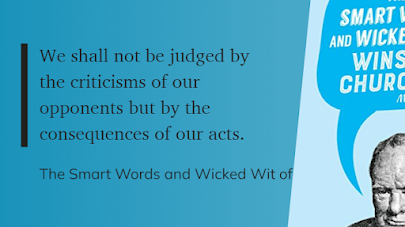What are the paths and practices of gradual awakening? Most religious traditions have suggestions. Perhaps one of the first to develop in homo sapiens evolutionary history is the 8 fold path of the Buddha. The Buddha's eight fold path is based on his 4 noble truths.
According to the Buddha there are right and wrong ways for a person to live his/her life if (s) is to become happy and holy. We might call the Buddha's eight fold path the eight suggestions.
The eightfold path has sometimes been called the middle way which means the Buddha is not suggesting hedonism or asceticism. So, if you aspire to get yourself together, to get your head screwed on straight, to get your shit together, to become well integrated, here's what you have to do.
Develop
right understanding. In Unitarian Universalism this means affirming and promoting the free and responsible search for truth and meaning with the emphasis on "responsible."
Develop
right intention. Simply, according to UUAWOL ministries do you want to continue to walk the path of the ego or enter onto the path of the spirit. The choice is clear. It's like coming to a fork in the road. Which road do you intend to take?
Engage in
right speech. This means telling the truth and stop bull shitting. Unitarian Univeralists covenant together to affirm and promote the right of conscience and the use of the democratic process. This presumes people are being honest and straight with each other. The opposite of right speech is disinformation and propaganda to achieve one's goals manipulating other people with less than the truth, the whole truth, and nothing but the truth.
Engage in
right action. This is what Unitarian Univeralists covenant to affirm and promote in their second principle which is justice, equity, and compassion in human relations.
Engage in
right livelihood. This is what Unitarian Univeralists covenant to affirm and promote in their first principle which is the inherent worth and dignity of every person. Does one's livelihood make one a better person and contribute to the well being of that person's community and society or detract from it?
Engage in
right effort. This involves one's intentions and motivations. In Unitarian Universalism we covenant together to affirm and promote the acceptance of one another and encouragement to spiritual growth of oneself, those with whom one interacts, and the community and society in which one lives. At UUAWOL ministries our mission is to sanctify the world by helping people become holy. All our efforts are based on the love and enthusiasm for carrying out this mission.
Engage in
right mindfulness. Socrates said that an unexamined life is not worth living. Following this precept involves examining and reflecting on one's functioning physically, emotionally, behaviorally, socially, spiritually. The fourth step of Alcoholic Anonymous and other twelve step programs ask the member to do a "fearless moral inventory." As a young boy, raised in the Catholic tradition, I was taught to "examine my conscience" regularly and periodically engage in the sacrament of reconciliation (confession) whose goal it is is to reconcile one's intentions, efforts, behavior with the Tao, the Will of God. One of the deficits in the Unitarian Univeralist tradition is that it lacks any explicit principle on forgiveness and reconciliation when one has strayed from the path of the spirit.
Engage in
right concentration. Right concentration is an awareness and focus on one's interior spiritual life. Many religious traditions emphasize meditation, the cultivation of inner awareness leading to cosmic consciousness. In Unitarian Univeralism we covenant together to affirm and promote a respect and a love for the interdependent web of all existence of which we are a part. This is an experience not an intellectual, cognitive activity.
A devotee does not follow these suggestions one at a time but rather takes them as a whole because of the overlap and dynamic interaction of these practices. At UUAWOL ministries we believe that the eight fold path provides a very helpful strategy to achieve awakening and enhanced holiness leading to the sanctification of the world.






























